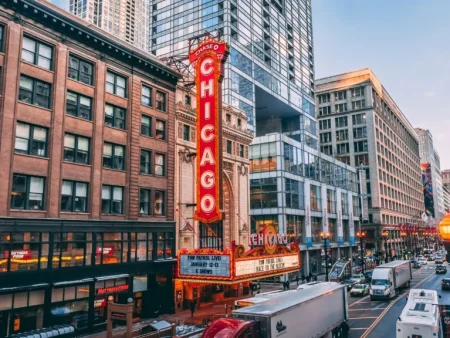Critics are raising serious concerns over New Zealand’s proposed move to legalize and regulate online casinos. They argue it could lead to a surge in gambling advertisements. There is also a potential loss of revenue from traditional pokies. The bill aims to geoblock access to overseas operators. It would allow the government to auction up to 15 online casino licenses. While the legislation intends to bring online gambling under official regulation, opponents warn of broader social and economic impacts on communities and players alike.

One key concern is the potential impact on pokies, which contribute significantly to funding community projects across New Zealand. Critics argue that if players move their spending to online casinos, local pokie operators could lose profits. This could ultimately reduce funding for community projects and support for grassroots programs. Beyond revenue concerns, there is growing unease about the influence of gambling advertising. Legal online casino operators could offer inducements, bonuses, and promotions to attract players. This may increase problem gambling and lead to additional social risks.
Representatives from the Problem Gambling Foundation have proposed even stricter measures. These include a complete ban on all gambling advertising and a prohibition on using credit cards for gambling. The goal is to limit easy access and reduce potential harm.
The industry itself has also voiced its perspective. TAB, a major sports betting operator, highlighted the dual nature of the bill. David Bennett, a TAB board member, noted that online casinos could divert customers from traditional betting. However, engaging with the regulated market is necessary to stay competitive and maintain contributions to community sports and racing. Meanwhile, Antony Gevisser, vice president of SGHC, emphasized that regulated operators would be controlled, taxed, and held to high standards. This ensures greater protection for players.
Overall, the government has taken an open stance. It aims to generate tax revenue from an unregulated sector while improving safeguards for players. However, the proposed online casino legislation remains hotly debated, as it balances potential economic benefits against social, community, and public health risks.


